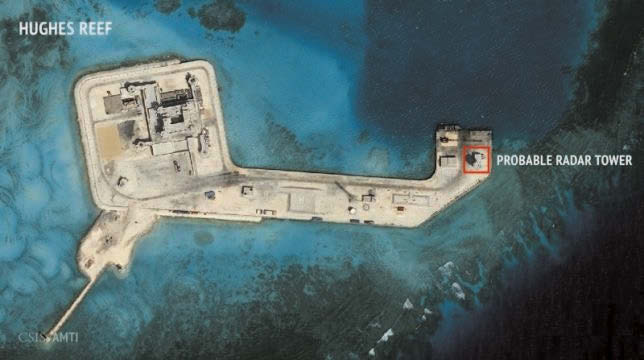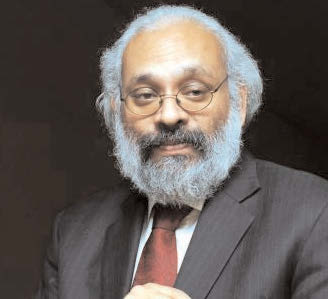
WASHINGTON (TIP): The United States is using quiet diplomacy to persuade the Philippines, Indonesia, Vietnam and other Asian nations not to move aggressively to capitalize on an international court ruling that denied China‘s claims to the South China Sea, several US administration officials said on July 11.
“What we want is to quiet things down so these issues can be addressed rationally instead of emotionally,” said one official, who spoke on the condition of anonymity to describe private diplomatic messages.
Some were sent through US embassies abroad and foreign missions in Washington, while others were conveyed directly to top officials by Defense Secretary Ash Carter, Secretary of State John Kerry and other senior officials, the sources said.
“This is a blanket call for quiet, not some attempt to rally the region against China, which would play into a false narrative that the US is leading a coalition to contain China,” the official added.
The effort to calm the waters following the court ruling in The Hague on Tuesday suffered a setback when Taiwan dispatched a warship to the area, with President Tsai Ing-wen telling sailors that their mission was to defend Taiwan’s maritime territory. The court ruled that while China has no historic rights to the area within its self-declared nine-dash line, Taiwan has no right to Itu Aba, also called Taiping, the largest island in the Spratlys. Taipei administers Itu Aba but the tribunal called it a “rock”, according to the legal definition. The US officials said they hoped the US diplomatic initiative would be more successful in Indonesia, which wants to send hundreds of fishermen to the Natuna Islands to assert its sovereignty over nearby areas of the South China Sea to which China says it also has claims, and in the Philippines, whose fishermen have been harassed by Chinese coast guard and naval vessels.
Contingency plan
However, if that effort fails, and competition escalates into confrontation, US air and naval forces are prepared to uphold freedom of maritime and air navigation in the disputed area, a defense official said on Wednesday.
Democrat Ben Cardin of Maryland, a senior member of the Senate Foreign Relations Committee, said confrontation is less likely if the Philippines, Indonesia, Vietnam and other countries work with the United States rather than on their own.
“I don’t think China wants a confrontation with the United States,” he told reporters. “They don’t mind a confrontation with a Vietnamese fishing boat, but they don’t want a confrontation with the United States.”
The court ruling is expected to dominate a meeting at the end of July in Laos of the 10-member Association of Southeast Asian Nations (ASEAN), which includes the Philippines, Malaysia, Indonesia, Myanmar, Vietnam and Thailand. US secretary of state John Kerry, and his Chinese counterpart, foreign minister Wang, will attend the ministerial. Sino-American relations suffered two fresh blows on Wednesday as a congressional committee found China’s government likely hacked computers at the US Federal Deposit Insurance Corporation and the United States challenged China’s export duties on nine metals and minerals that are important to the aerospace, auto, electronics and chemical industries.





Be the first to comment